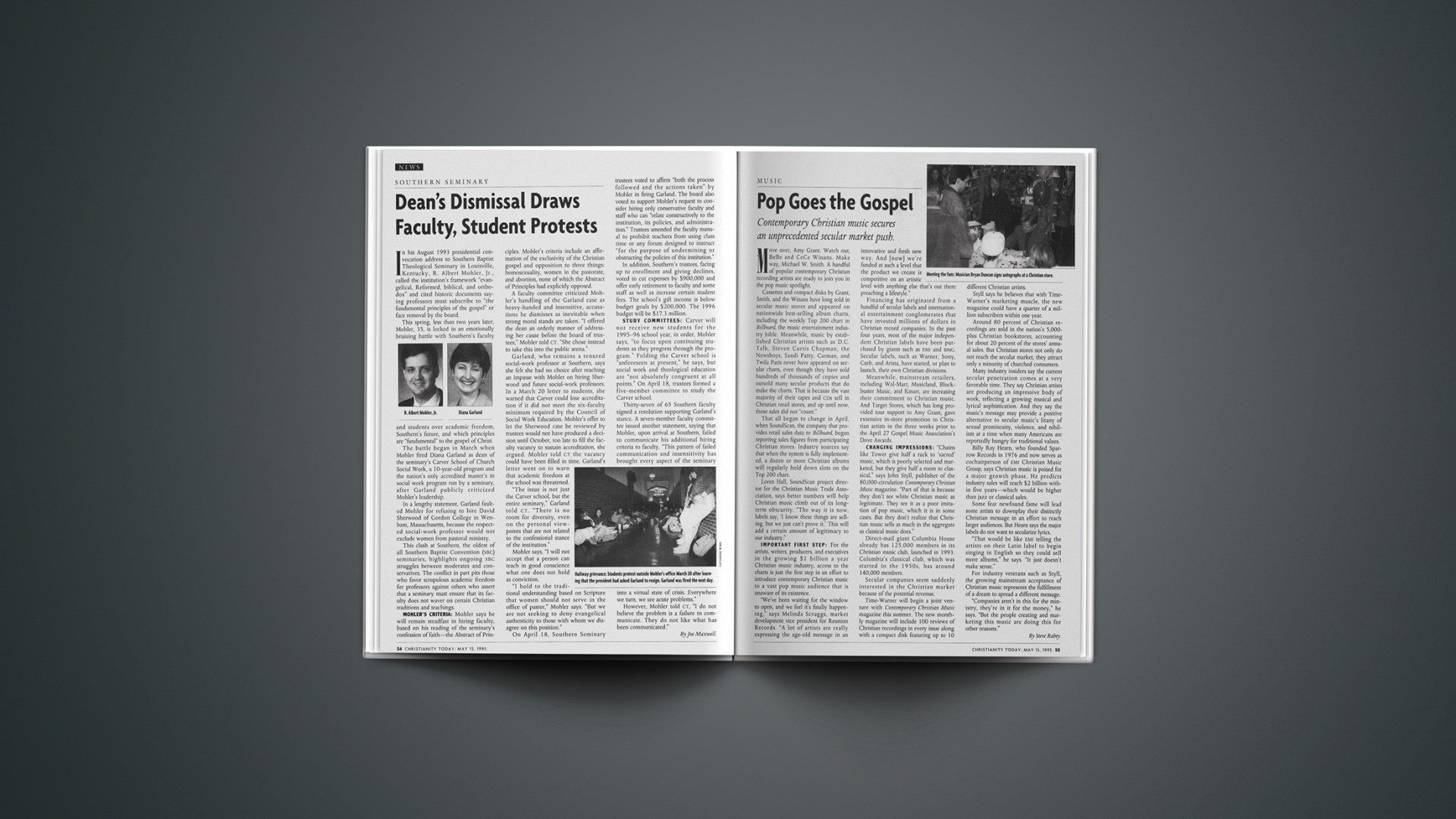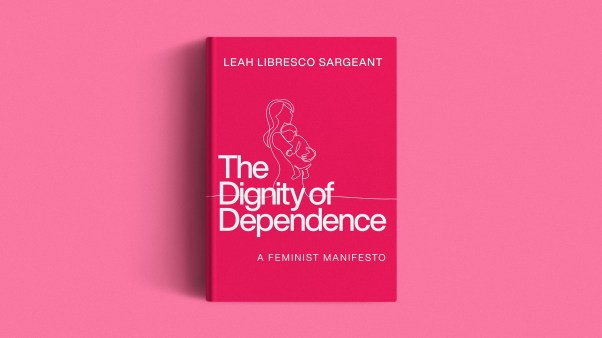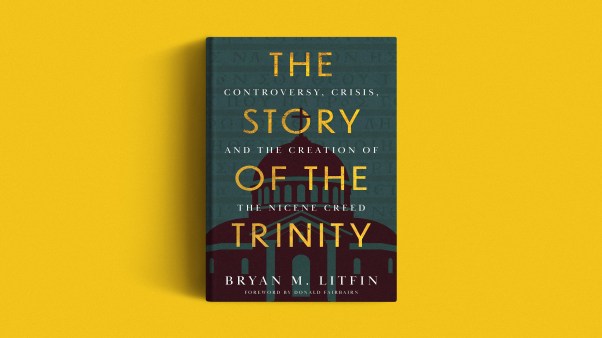Cassettes and compact disks by Grant, Smith, and the Winans have long sold in secular music stores and appeared on nationwide best-selling album charts, including the weekly Top 200 chart in Billboard, the music entertainment industry bible. Meanwhile, music by established Christian artists such as D.C. Talk, Steven Curtis Chapman, the Newsboys, Sandi Patty, Carman, and Twila Paris never have appeared on secular charts, even though they have sold hundreds of thousands of copies and outsold many secular products that do make the charts. That is because the vast majority of their tapes and CDs sell in Christian retail stores, and up until now, those sales did not “count.”
That all began to change in April, when SoundScan, the company that provides retail sales data to Billboard, began reporting sales figures from participating Christian stores. Industry sources say that when the system is fully implemented, a dozen or more Christian albums will regularly hold down slots on the Top 200 chart.
Loren Hall, SoundScan project director for the Christian Music Trade Association, says better numbers will help Christian music climb out of its long-term obscurity. “The way it is now, labels say, ‘I know these things are selling, but we just can’t prove it.’ This will add a certain amount of legitimacy to our industry.”
IMPORTANT FIRST STEP: For the artists, writers, producers, and executives in the growing $1 billion a year Christian music industry, access to the charts is just the first step in an effort to introduce contemporary Christian music to a vast pop music audience that is unaware of its existence.
“We’ve been waiting for the window to open, and we feel it’s finally happening,” says Melinda Scruggs, market development vice president for Reunion Records. “A lot of artists are really expressing the age-old message in an innovative and fresh new way. And [now] we’re funded at such a level that the product we create is competitive on an artistic level with anything else that’s out there preaching a lifestyle.”
Financing has originated from a handful of secular labels and international entertainment conglomerates that have invested millions of dollars in Christian record companies. In the past four years, most of the major independent Christian labels have been purchased by giants such as EMI and BMG. Secular labels, such as Warner, Sony, Curb, and Arista, have started, or plan to launch, their own Christian divisions.
Meanwhile, mainstream retailers, including Wal-Mart, Musicland, Blockbuster Music, and Kmart, are increasing their commitment to Christian music. And Target Stores, which has long provided tour support to Amy Grant, gave extensive in-store promotion to Christian artists in the three weeks prior to the April 27 Gospel Music Association’s Dove Awards.
CHANGING IMPRESSIONS: “Chains like Tower give half a rack to ‘sacred’ music, which is poorly selected and marketed, but they give half a room to classical,” says John Styll, publisher of the 80,000-circulation Contemporary Christian Music magazine. “Part of that is because they don’t see white Christian music as legitimate. They see it as a poor imitation of pop music, which it is in some cases. But they don’t realize that Christian music sells as much in the aggregate as classical music does.”
Direct-mail giant Columbia House already has 125,000 members in its Christian music club, launched in 1993. Columbia’s classical club, which was started in the 1950s, has around 140,000 members.
Secular companies seem suddenly interested in the Christian market because of the potential revenue.
Time-Warner will begin a joint venture with Contemporary Christian Music magazine this summer. The new monthly magazine will include 100 reviews of Christian recordings in every issue along with a compact disk featuring up to 10 different Christian artists.
Styll says he believes that with Time-Warner’s marketing muscle, the new magazine could have a quarter of a million subscribers within one year.
Around 80 percent of Christian recordings are sold in the nation’s 5,000-plus Christian bookstores, accounting for about 20 percent of the stores’ annual sales. But Christian stores not only do not reach the secular market, they attract only a minority of churched consumers.
Many industry insiders say the current secular penetration comes at a very favorable time. They say Christian artists are producing an impressive body of work, reflecting a growing musical and lyrical sophistication. And they say the music’s message may provide a positive alternative to secular music’s litany of sexual promiscuity, violence, and nihilism at a time when many Americans are reportedly hungry for traditional values.
Billy Ray Hearn, who founded Sparrow Records in 1976 and now serves as cochairperson of EMI Christian Music Group, says Christian music is poised for a major growth phase. He predicts industry sales will reach $2 billion within five years-which would be higher than jazz or classical sales.
Some fear newfound fame will lead some artists to downplay their distinctly Christian message in an effort to reach larger audiences. But Hearn says the major labels do not want to secularize lyrics.
“That would be like EMI telling the artists on their Latin label to begin singing in English so they could sell more albums,” he says. “It just doesn’t make sense.”
For industry veterans such as Styll, the growing mainstream acceptance of Christian music represents the fulfillment of a dream to spread a different message.
“Companies aren’t in this for the ministry, they’re in it for the money,” he says. “But the people creating and marketing this music are doing this for other reasons.”
Copyright © 1995 Christianity Today. Click for reprint information.
ctmay95mhg5T60555508










